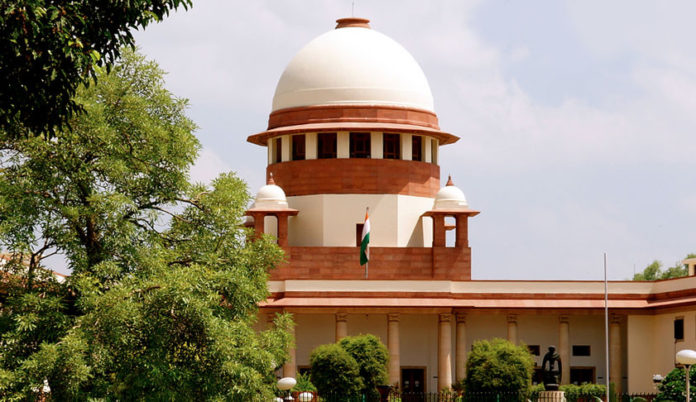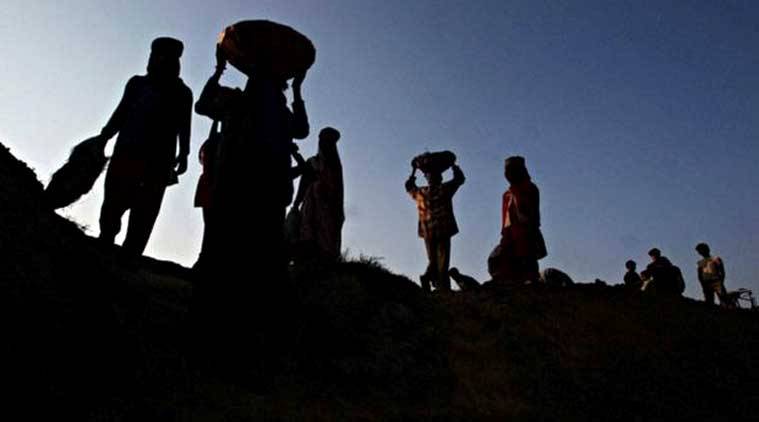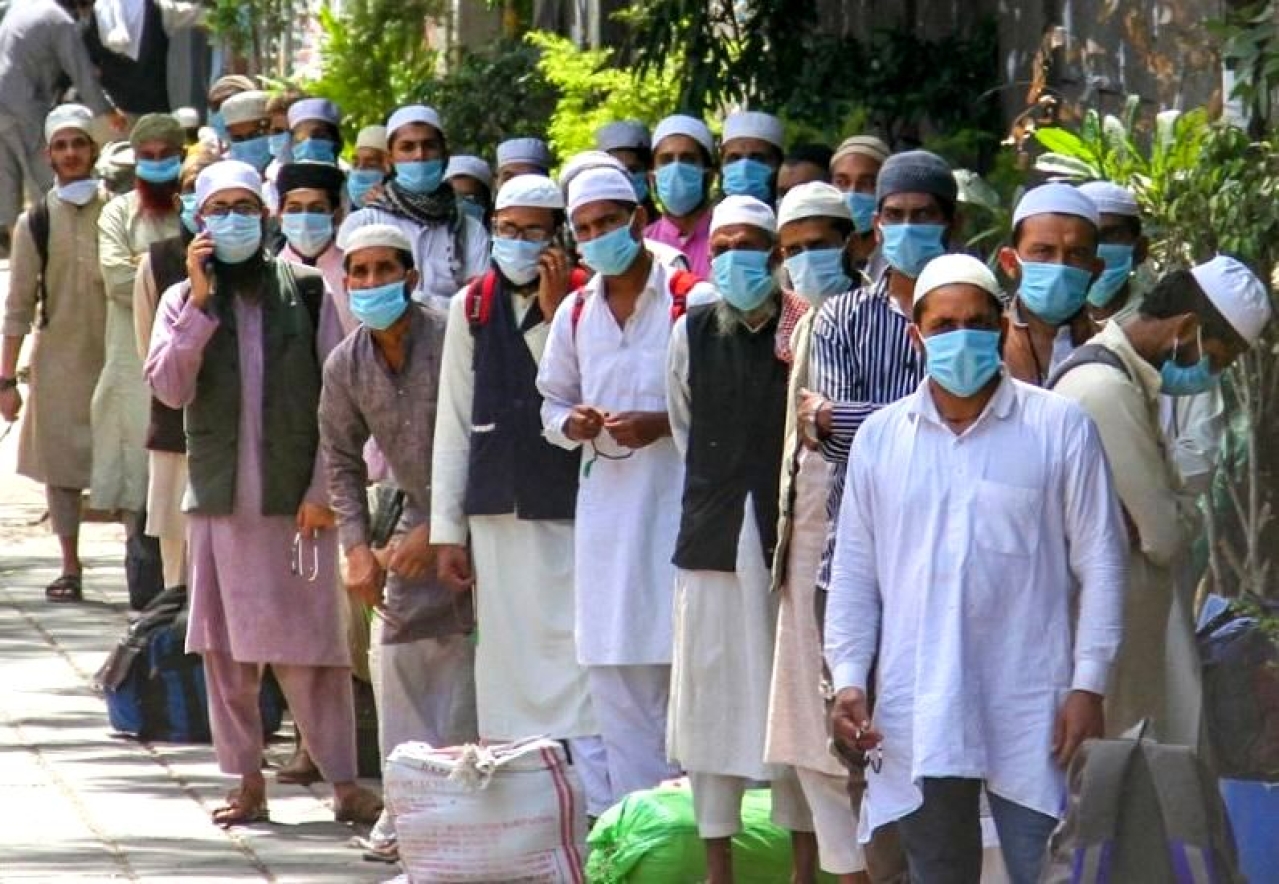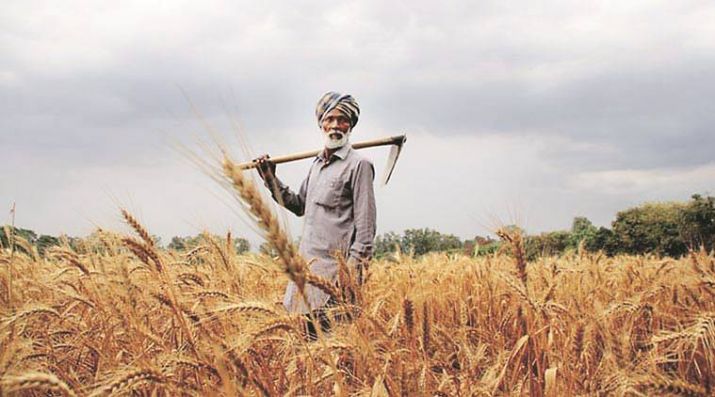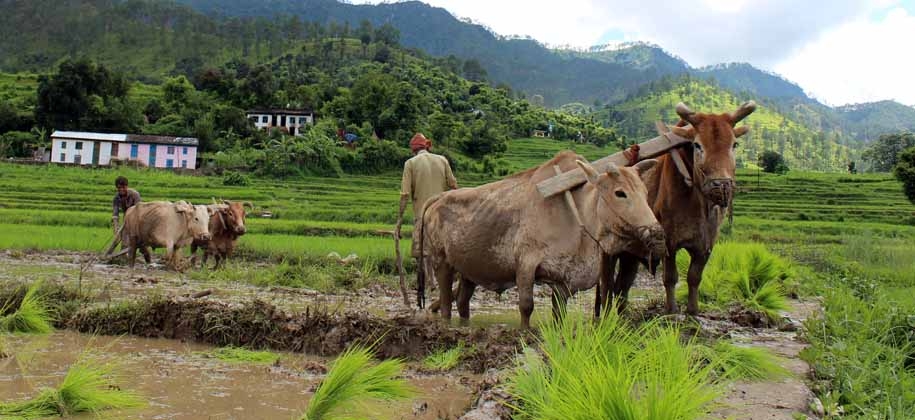The judgment of the Supreme Court on promotions in Uttarakhand has stirred a debate on the position of reservations in the Constitution. The Apex court cited Article 16 (4) and Article 16 (4a) to argue that the state can go beyond equality of opportunity in public services and reserve seats for disadvantaged groups if it felt they are not adequately represented. The state must provide quantifiable data reflecting their backwardness if reservation is provided, but it is well within the state’s purview not to reserve seats if it does not see representation of these groups as inadequate. This makes reservation no longer a right but an absolute discretion of the state.
However, on its surface, one can see that the court has just reiterated what is already there in the Constitution. That reservation was always an enabling provision in the Constitution is the core argument and there is on its face-value nothing wrong with this. Yet we can see that there is a considerable anxiety regarding this judgment. The question then that needs a careful scrutiny is whether this anxiety has any ground or is it just a knee-jerk response.
Prima facie, the judgment brings to light a deeply troubling contradiction in the discourse around the policy of reservations in India and gives this discourse even a more dangerous turn. The contradiction is between two discourses —one is reservation as an ethical act ensuring social justice and the other is reservation as a policy that distributes the resources among the needy sections of the population. It is not to argue that the latter should not exist but that without the former the latter gets neutralized and throws reservation as a policy and law into the hands of the executive for political manipulations.
Most important aspect of the judgment of the two-judge bench of the Supreme Court is that reservations are not absolute and that the state government has the sole authority to implement it. This means that states can choose not to grant reservation, or reservation in promotion, in this context, even if there is inadequate representation for disadvantaged social groups in public services. With the judgment, significantly, reservation as affirmative action with an enabling policy measure loses the status of being a right as the state is no longer bound to provide for reservations.
As a society we have a choice to make regarding reservations in India. The choice is whether we want reservation to remain an act linked to parameters of social justice or whether reservation becomes like any other social-economic policy used by the government for the upliftment of certain needy sections of the populations. If it’s the latter, then it cannot come within the matrix of a right and if it’s the former it cannot be anything but a right. A claim on justice basically means in its minimum that sections of population get a right not because of their need but because we as society recognize and redress certain historical distortions and structural exclusions. The inherent inequalities are so blatant that the victimized groups in no way can be held responsible for the experiences they undergo. Moreover, the very structure which enables equality ironically ends up sustaining and reproducing inequalities. Reservation is a response to these unendurable structural exclusions in the society. The society owns up for the existing inequalities that are beyond elimination.
Reservation, if interpreted and extended from Right to Equality, then it only does so through this recognition of injustice that society have witnessed and legitimized one way or another, and not because some sections of population are poor. Poverty and other forms of social inequalities need urgent help and attention, but we cannot categorise all of these under the bracket of reservation. Since the moral claim of justice cannot to be collapsed to the calculation of need, reservation therefore doesn’t necessarily factor in individual sufferings of poverty or other forms of social injustice. It only factors in collective identities that are marked in our collective memories through injustice in their historical and structural course. Reservation therefore becomes this act of collective responsibility where the burden is shared by the society through affirmation action. It is in this way reservation also finds legitimacy to be brought under the fundamental right to equality. Reservation, hence, is a special right provided to certain groups with special privilege. It is not about obliging those sections of the society who are beneficiaries of it. Disadvantaged sections of the society get this right as a response to a claim for social justice and not as a response to their need.
Reservation not a Fundamental Right
Theoretically, there is no problem in reservation being an enabling provision, as long as it is made an extension of Right to Equality and it adheres to the principles of substantive equality over formal equality; ensuring that the social context is taken into account for a fair participation. The correct diagnosis of the problem in the current judgement thus is not that reservation is no more a right. Lawyers and other civil society members are not wrong—in its formal technical sense reservation was never a fundamental right. What the present judgement does is that it creates the conditions for the collapse of any judicial oversight into the hands of the executive. This allows the executive any arbitrary implementation of reservations. This as such is not an isolated case, one can argue that it is part of a larger breakdown that our society is witnessing—which is the collapse of the judiciary and legislative into the executive.
The undeniable fact is that the division between executive, judiciary and legislative, we know, keeps the checks and balances alive to keep a democracy functioning and running. The collapse of the judiciary and legislative into the executive actually has been a sign of totalitarianism for long. Agamben (2005) shows how complicating this structure between exception and law results in this collapse, and how behind all totalitarian experiments on modern democracy in recent history, there was this collapse. The term used to signify this breakdown is ‘full power’. Agamben (2005) quotes Tingsten (1934, 13)— “by full powers laws we mean those laws by which an exceptionally broad regulatory power is granted to the executive, particularly the power to modify or abrogate by decree laws in force.” This collapse is recognized by the fact that the government can now rule its population by decrees that in principle breakdown the legal machinery and yet unleash on us a complete and unhinged force of law that cannot be checked by principles of justice anymore. To make laws arbitrary in their functioning is the collapse of law itself. To be fair to the government, controlled use of ‘full power’ has not only become necessary for the functioning of modern democracies but its use has been systematically increasing in all spheres in the past century. However, what we are seeing in India in the past few years should worry us to the effect that the controlled nature of its use is slowly giving way, signaling to us that a breakdown of the legislative and judicial structure may be waiting to happen.
Implications
The widespread worry that the SC judgement has invoked is that it has reduced reservation to an exception to the Right to Equality and no more an extension. What we need to understand is the implication of this shift. The implication is two-fold—one, as we discussed, it neutralizes the sting of social justice that marked reservations in India and creates the condition for its collapse into the matrix of needs rather than justice. This would make reservation as a policy framework substitutable to any other government policies. It also reduces the claim of reservation so far enjoyed as social justice amenable and vulnerable to endless manipulations. What would be worse and more dangerous is that the history of reservation in India and the force of justice it has enjoyed so far in our civil society can now be turned around by the government formally to target the civil society itself. This should not mean that other policies of the government do not deserve to be brought within the matrix of justice, they definitely do. Government policies should never acquire the discourse of freebies, but that as we know has been happening for a long time, it just that now the discourse that was affecting schemes of education subsidies for example will now envelop reservation also.
This play of exception and law is however stitched through necessity. The argument of the state has been that necessity can create exceptional circumstances to suspend the law. But what if now law itself starts working through exceptions, where the threat of necessity always looms large on society, where society’s call for justice are always blocked by a claim on state of necessity sanctioned through exceptions in the law. Indian state is in a real threat of entering that phase today.
With the collapse of the legislature and the judiciary that maintains a balance between the state and the civil society, complete power concentration can now move in the hands of the executive. This has some larger implications also, most importantly for our public discourse. Public sphere, in a democracy that is a shared space for rational discourse between diverse groups where recognition of rights is understood beyond the oppressive terms of predetermined politico-cultural situations, is witnessing fragmentation. Free communication that creates possibilities for inter-subjective interpretations in the public sphere which Habermas calls communicative rationality aims for a social milieu based on mutual reciprocity and an ethos of understanding between opposing social groups. A society’s commitment to an ethos of justice creates the necessary checks and balances for not allowing this collapse of the discourse into mere self-interest. This automatically breaks down completely when social groups are only able to form a public appearance on mere self-interests. This fracturing of the civil society further leaves space for the executive to have absolute discretion to adopt its own strategies where any possibilities of engagement within the civil society starts to end. Reservation, therefore, as a right to social justice gets mutated at the will of the state. The crucial question then, is reservation no longer the obligation of the government given the socio-political situation that continues to keep some sections backward and at the receiving end or at the fringes/margins of the society for discrimination to persist? The answer would be, reservation continues to be an inescapable obligation of the state but no longer as a right resting on the premise of social justice but as a favour of the state subjected to calculations of the politicians for electoral arithmetic.
Conclusion
With this judgement, the stringency with which the state will implement the policy of reservation may lead to weakening or rather loss of avenue for mobility and representation of the backward social groups in higher echelons of power structure. It makes the policy of reservation and the group of beneficiaries for whom it is intended redundant. The judgement fails to historicize itself in terms of empowerment of disadvantaged groups. For instance, if reservation, or in this context, reservation in promotions is left at the will of state, it may result in a perceptible imbalance in social representation in public services. What is being sorted to be argued here is that backward social groups have benefited and can continue to benefit with the formation of a materially and resourcefully secure ‘elite’ as beneficiaries of reservation. The impact can be momentous in terms of leadership. True empowerment, as also the ‘deepening of democracy’, lies in the transfer of agency. Patron-client alliances between social groups, with a few castes being agents of change and others mere recipients, constitute only a partial democracy. Beneficiaries of affirmative action have been the agents of the deepening of Indian democracy. Hence affirmative action in the form of reservation in promotions in public services becomes significant to uplift those stigmatised sections of the society who have been subjected to vulnerabilities through multiple forms of inequalities and exclusions due to the inescapable deep seated structures that deny upward social mobility of these groups.
*The authors are extremely thankful to Prof. S. Srinivasa Rao, Professor in Sociology of Education, ZHCES, JNU for the encouragement to write this piece and his valuable insights that helped in developing the argument.
-
Article 16 (4) states that nothing in this article shall prevent the State from making any provision for the reservation of appointments or posts in favor of any backward class of citizens which, in the opinion of the State, is not adequately represented in the services under the State.
-
Article 16 (4a) allowed the State to provide reservations to a SC/ST in matters of promotion, as long as the State believes that the SC/ST is not adequately represented in government services.
Dr. Ruchira Das teaches at Department of Elementary Education, Institute of Home Economics, University of Delhi, New Delhi.
Chetan Anand is a Research Scholar at TISS Mumbai.

